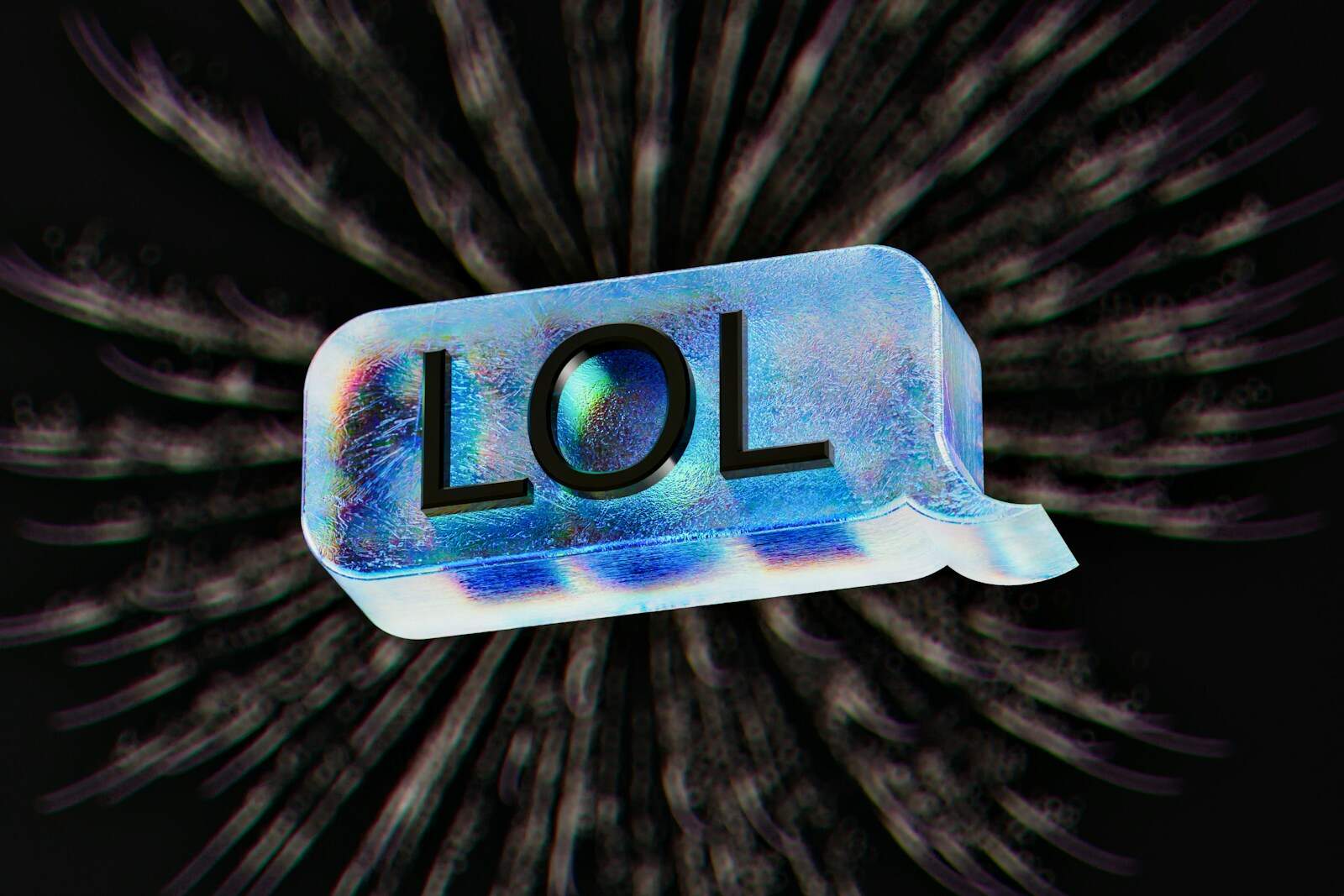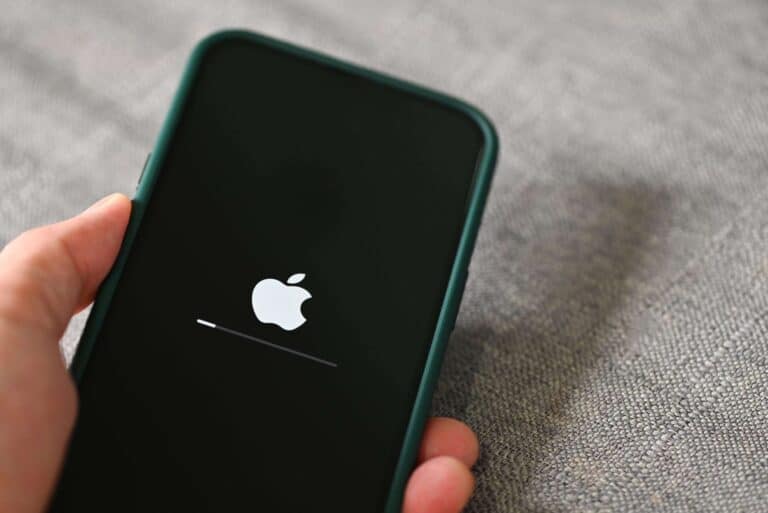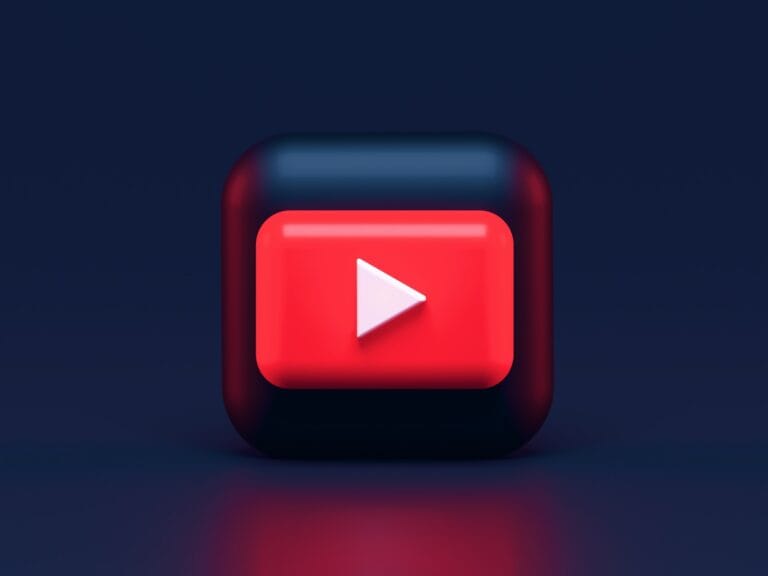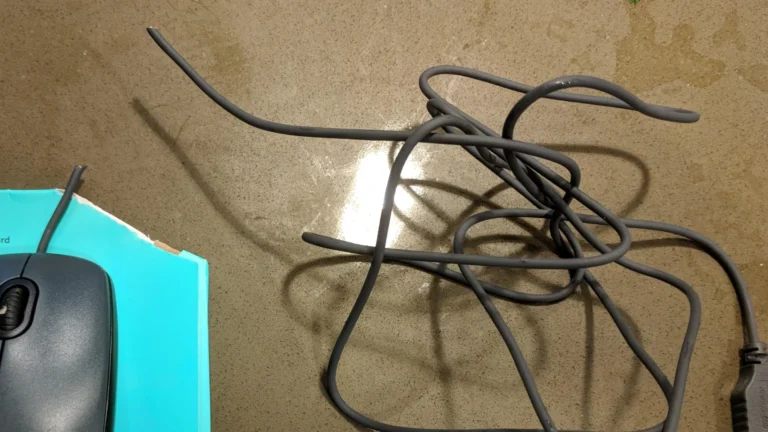Internet slang changes fast, and it can feel hard to keep up. Acronyms, short forms, and slang terms appear in texts, chats, and social media posts every day. The top internet slang and abbreviations explained here give clear meanings so anyone can follow an online conversation without confusion.
These short forms save time, but they also carry tone and context. A simple “LOL” signals laughter, while “IMO” shows opinion. Some slang words like “SMH” or “FTW” have spread so widely that they now appear outside of texting. Knowing them makes communication quicker and prevents misunderstandings.
Slang terms are not limited to casual chats. They show up in memes, gaming, and even workplace messages. By learning the most common internet slang words and text slang, anyone can join the flow of online conversation with ease.
Internet Slang and Abbreviations Explained
The internet has its own language — a mix of acronyms, abbreviations, and slang that help people communicate quickly and casually. Whether you’re scrolling through social media, gaming, or chatting with friends, understanding these terms makes it easier to keep up.
Why Internet Slang Matters
- Speeds up communication: Shortcuts for common phrases.
- Expresses emotion: Laughter, sarcasm, or excitement.
- Builds community: Shared slang connects people in specific groups (gaming, fandoms, etc.).
Common Internet Slang & Abbreviations
| Slang / Abbreviation | Meaning | Example Use |
|---|---|---|
| LOL | Laughing Out Loud | “That meme was hilarious, LOL.” |
| BRB | Be Right Back | “BRB, need to grab a drink.” |
| OMG | Oh My God | “OMG, I can’t believe that happened!” |
| IDK | I Don’t Know | “IDK what to eat for lunch.” |
| TBH | To Be Honest | “TBH, I didn’t like that movie.” |
| IMO / IMHO | In My Opinion / In My Humble Opinion | “IMO, that’s the best game of the year.” |
| SMH | Shaking My Head (disapproval) | “You forgot your keys again? SMH.” |
| ROFL | Rolling On the Floor Laughing | “That joke had me ROFL.” |
| ICYMI | In Case You Missed It | “ICYMI, the update drops tomorrow.” |
| DM | Direct Message | “Send me the details in a DM.” |
| GG | Good Game | (Gaming) “GG, that was a close match!” |
| AFK | Away From Keyboard | (Gaming/Chat) “AFK for 5 minutes.” |
| NSFW | Not Safe For Work | “That link is NSFW, careful!” |
| FOMO | Fear Of Missing Out | “I bought tickets because of FOMO.” |
| TL;DR | Too Long; Didn’t Read (summary) | “TL;DR: The update is delayed.” |
| BTW | By The Way | “BTW, are you free this weekend?” |
| NGL | Not Gonna Lie | “NGL, that was pretty awesome.” |
| YOLO | You Only Live Once | “I’m booking the trip — YOLO!” |
| BFF | Best Friends Forever | “She’s my BFF since childhood.” |
| LMK | Let Me Know | “LMK if you’re coming tonight.” |
✅ Tips for Using Internet Slang
- Know your audience: Use slang with friends, but avoid it in professional emails.
- Don’t overuse: Too much slang can make messages hard to read.
- Stay updated: New slang emerges constantly (especially on TikTok, Twitter/X, and gaming platforms).
🔍 Final Thoughts
Internet slang is constantly evolving, but the most common abbreviations (like LOL, BRB, OMG) have stood the test of time. Learning these terms helps you communicate more naturally online and stay in the loop with conversations.
Key Takeaways
- Internet slang uses short forms to make communication faster
- Common acronyms carry meaning beyond their letters
- Knowing slang terms helps keep online conversation clear
Frequently Asked Questions
Internet slang and abbreviations change quickly, but some remain widely used across texting, gaming, and social media. Many terms have multiple meanings depending on context, while others reflect new trends and cultural shifts.
What are the top 10 most commonly used texting abbreviations?
The most used abbreviations include:
- LOL (laughing out loud)
- BRB (be right back)
- OMG (oh my god)
- TTYL (talk to you later)
- IDK (I don’t know)
- BTW (by the way)
- IMO/IMHO (in my opinion / in my humble opinion)
- SMH (shaking my head)
- TBH (to be honest)
- FYI (for your information)
How do internet slang terms evolve and what are recent examples?
Slang spreads through texting, online forums, and social media platforms. New terms often start in small groups before reaching wider use.
Recent examples include JOMO (joy of missing out), FOMO (fear of missing out), and simp (someone overly eager to please). These reflect cultural attitudes and online humor.
Can you provide a comprehensive list of abbreviations used in online chatting?
A complete list is large, but some categories include:
- General chat: LOL, BRB, IDK, IMO
- Emotions: ROFL (rolling on the floor laughing), SMH, TBH
- Social media: DM (direct message), IRL (in real life), ICYMI (in case you missed it)
- Gaming: GG (good game), AFK (away from keyboard), OP (overpowered)
What do certain popular abbreviations stand for in digital communication?
- DM means direct message, often used on platforms like Instagram or Twitter.
- AFK means away from keyboard, common in gaming chats.
- GG means good game, used at the end of matches.
- ICYMI means in case you missed it, often used when sharing news or updates.
How can one stay updated with the latest internet slang and abbreviations?
People can follow online slang dictionaries, language blogs, or community-driven sites. Social media platforms often spread new terms quickly. Watching how people use slang in comments, chats, and memes also helps keep language knowledge current.
What are some examples of internet slang that have different meanings in different contexts?
GG can mean “good game” but may also be used sarcastically to mean “that’s over.”
Simp can describe someone acting submissive in relationships, but in some communities it is used jokingly among friends.
AFK usually means away from keyboard in gaming, but in casual chat it can simply mean someone is unavailable.







